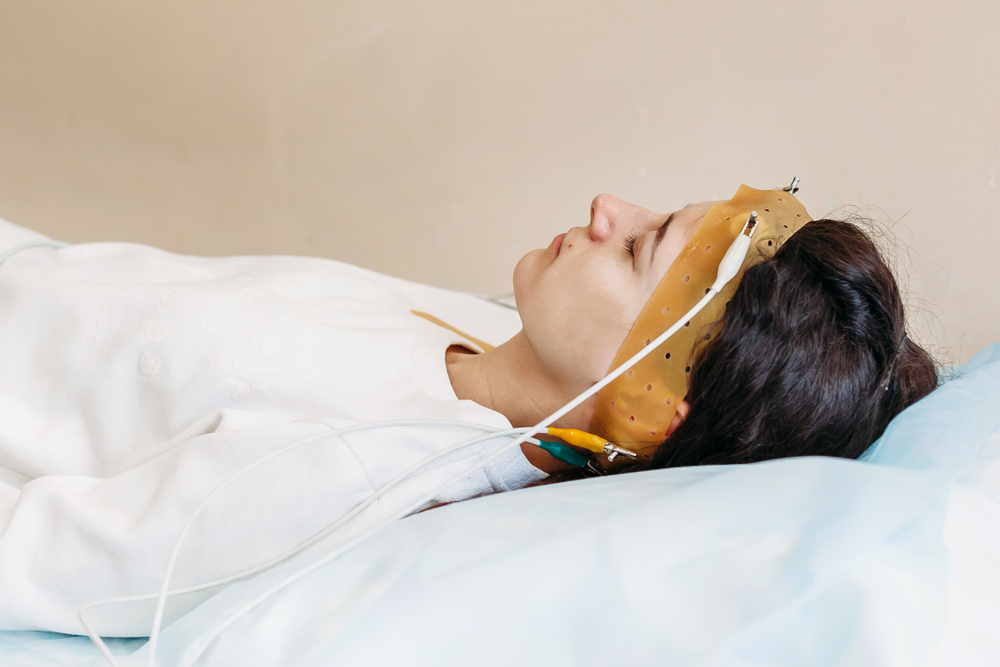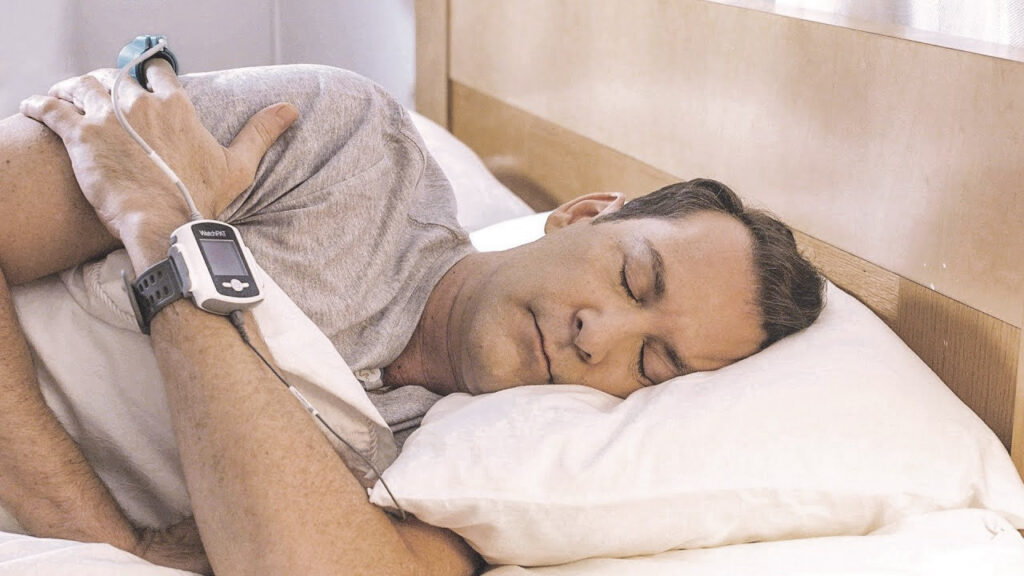Introduction: Why Sleep Apnea Should Not Be Ignored
You wake up feeling groggy, despite going to bed at a reasonable hour. Your mornings start with a dry throat, your head feels heavy, and your partner mentions you snore like a chainsaw. While it’s tempting to blame stress or a busy lifestyle, these could be early warning signs of sleep apnea.
Sleep apnea is a sleep disorder in which breathing repeatedly stops and starts during the night. These interruptions can occur dozens — even hundreds — of times, disrupting your body’s ability to get restorative sleep. Over time, untreated sleep apnea can lead to serious health problems, including high blood pressure, heart disease, stroke, and diabetes. Recognizing the early signs is crucial because early diagnosis and treatment can dramatically improve your health and quality of life.
Causes of Sleep Apnea
While sleep apnea can happen to anyone, certain factors make it more likely. Understanding these causes can help you spot risks before the condition becomes severe.
1. Physical Airway Structure
Some people are simply born with airway shapes that make breathing harder during sleep. A narrow throat, large tongue, or enlarged tonsils can partially block airflow when the body relaxes at night.
2. Excess Weight
Carrying extra weight — especially around the neck — can narrow the airway. This makes it easier for throat tissues to collapse while you sleep. Even a small weight gain can increase the risk for people already predisposed to sleep apnea.
3. Age and Gender
Sleep apnea is more common in adults over 40, though it can occur at any age. Men are generally at higher risk, but women’s chances increase after menopause due to hormonal changes.
4. Lifestyle Habits
Certain habits can worsen airway collapse during sleep:
See more: Private Sleep Study Cost vs Bulk-Billed Options: Which Is Right for You?
- Smoking irritates and inflames the airway.
- Alcohol relaxes throat muscles, increasing the chance of blockage.
- Sedatives have a similar relaxing effect, making the airway more prone to closing.
5. Medical Conditions
Conditions like nasal congestion, chronic allergies, hypothyroidism, and even heart or kidney disease can contribute to breathing problems during sleep.
Symptoms of Sleep Apnea
Recognizing symptoms early is tricky because many happen while you’re asleep. That’s why bed partners often spot the warning signs first. Still, there are both nighttime and daytime indicators you can watch for.
1. Loud, Persistent Snoring
Not all snoring means sleep apnea, but if it’s loud, frequent, and disruptive, it’s worth investigating — especially if it’s punctuated by pauses or gasps for air.

2. Pauses in Breathing or Gasping Episodes
This is one of the clearest warning signs. Your body may wake you slightly to restart breathing, often accompanied by choking or snorting sounds.
3. Morning Headaches
Low oxygen levels during the night can cause blood vessels in the brain to dilate, leading to headaches when you wake up.
4. Excessive Daytime Sleepiness
If you regularly feel the urge to nap during meetings, while watching TV, or even in traffic, your body might be telling you it’s not getting enough quality rest.
5. Difficulty Concentrating
Brain fog, forgetfulness, and trouble focusing can result from repeated sleep interruptions.
6. Mood Changes
Sleep deprivation affects emotional regulation. You might notice increased irritability, anxiety, or feelings of depression.
7. Dry Mouth or Sore Throat Upon Waking
Mouth breathing during the night — often caused by nasal blockage — can leave your mouth parched and throat scratchy.
Example scenario: Imagine Lisa, a 38-year-old teacher who thought her constant fatigue was from a busy school schedule. Her husband mentioned she would sometimes stop breathing for a few seconds at night and then gasp loudly. After a sleep study, she was diagnosed with mild obstructive sleep apnea — a condition she might have ignored if not for those early signs.
Treatment Options for Sleep Apnea
The right treatment depends on the severity of your condition, but the goal is always the same: keep the airway open so you can breathe freely during sleep.
1. CPAP Therapy
Continuous Positive Airway Pressure (CPAP) is the gold standard for treating moderate to severe obstructive sleep apnea. A mask worn over the nose, or both nose and mouth, delivers a steady stream of air to keep the airway open.
- Benefits: Highly effective in preventing airway collapse.
- Challenges: Some find it uncomfortable at first, but newer models are quieter, lighter, and easier to adapt to.
Example: Mark, a 50-year-old accountant, struggled with daytime drowsiness and high blood pressure. After starting CPAP therapy, he not only slept better but also saw improvements in his blood pressure readings and mental clarity.
2. Oral Appliances
Custom-made devices from a dentist can reposition the jaw or tongue to keep the airway clear. These are often recommended for mild to moderate cases or for people who can’t tolerate CPAP machines.
3. Surgery
In cases where other treatments fail, surgery may be an option. This could involve removing excess throat tissue, repositioning the jaw, or implanting devices that stimulate airway muscles.
4. Lifestyle Changes
For mild cases or as a complement to medical treatment, small adjustments can have a big impact:
- Lose excess weight to reduce airway pressure.
- Avoid alcohol and sedatives before bedtime.
- Change sleep position — side-sleeping often helps prevent airway collapse.
- Treat nasal congestion to improve airflow.
5. Positional Therapy
If your apnea is worse when lying on your back, special pillows or wearable devices can help you stay on your side throughout the night.
Conclusion: Take Action Before It Gets Worse
Sleep apnea isn’t just about feeling tired — it’s about your long-term health. Left untreated, it can lead to heart disease, stroke, type 2 diabetes, and dangerous daytime fatigue. The earlier you recognize the signs, the sooner you can take steps toward better sleep and improved well-being.
If you or someone you know snores loudly, wakes up gasping, or experiences unexplained fatigue, don’t dismiss it as “just tiredness.” A sleep study can confirm the diagnosis, and effective treatments are available to help you sleep soundly again.
Better sleep means better health — and the sooner you address sleep apnea, the sooner you can reclaim your energy, focus, and peace of mind.
